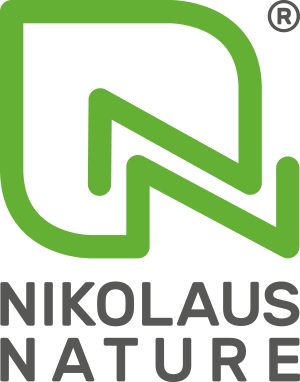×
collect NikPoints and save: find out more
animal
Corona bei Tieren (Katzen) – ein Gespräch mit einem befreundeten Tierarzt
Nicht unbedingt zufällig – Corona ist als Thema allgegenwärtig - hab ich letzte Woche mit einem befreundeten Tierarzt „P.“ (Kleintierpraxis) aus Italien über Corona gesprochen: Wir haben uns zuerst über unsere Lockdown und After-Lockdown-Erfahrungen ausgetauscht und sind dann über meine Bemerkung „so schlimm ist das Virus ja für die meisten Erkrankten nicht“ auf seine langjährigen Beobachtungen bei Tieren zu sprechen gekommen. Es muss dazu gesagt werden, dass P. ein besonderes fachliches Interesse an den durch Corona ausgelösten Erkrankungen und den Langzeitfolgen hat. Seine Worte haben mich nachdenklich gemacht:Laut P. gibt es Corona bei Tieren schon lange, mit unterschiedlichen Mutationen. Die Akuterkrankung ist bei Tieren recht gut symptomatisch behandelbar. ABER – das Virus bleibt im Körper, bevorzugt im Herzbereich. Und dann viele Jahre später stirbt das Tier an Herzversagen, mit total verlegten Gefäßen. Warum P. das weiß? Weil er aufgrund seines Interesses immer wieder Obduktionen an seinen vierbeinigen „Corona-Patienten“ macht.
Und warum erzähle ich euch das? Weil es meiner Meinung nach mehr denn je darum geht, die Gesundheit präventiv zu stärken, damit Corona erst gar keine Chance hat.
Falls jemand wissen will, was mir ich alles Immunstärkende gönne, kann gerne über office@psychohygiene.at mit mir Kontakt aufnehmen
other articles
© 2024 Nikolaus-Nature.com
All prices quoted in EUR incl. statutory taxes but excl. shipping costs. Image rights: Adobe Stock, Nikolaus-Nature.com
Online shop by web2future.at shop solutions
All prices quoted in EUR incl. statutory taxes but excl. shipping costs. Image rights: Adobe Stock, Nikolaus-Nature.com
Online shop by web2future.at shop solutions

